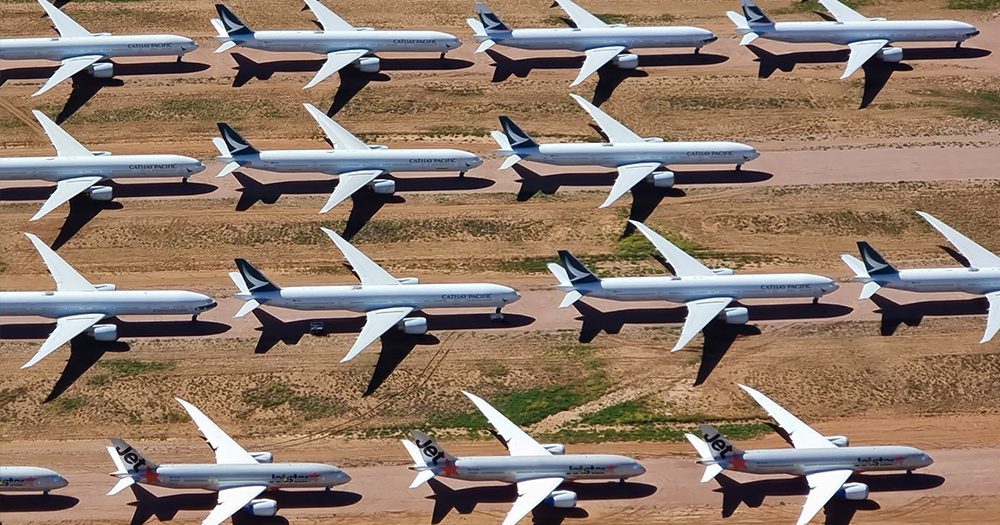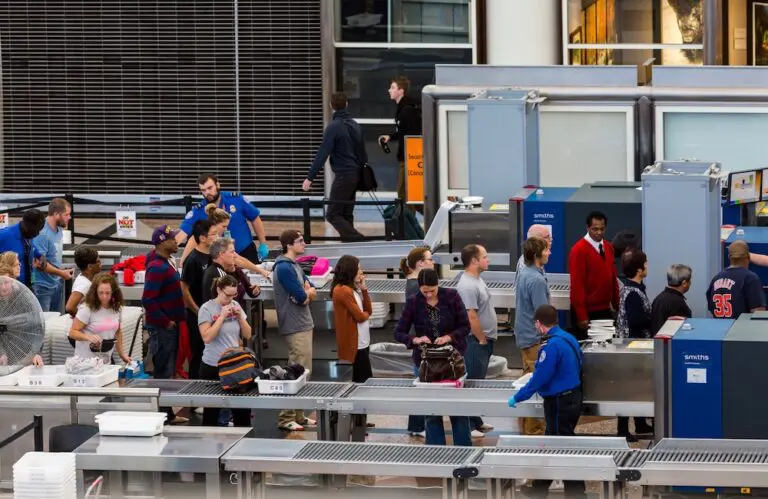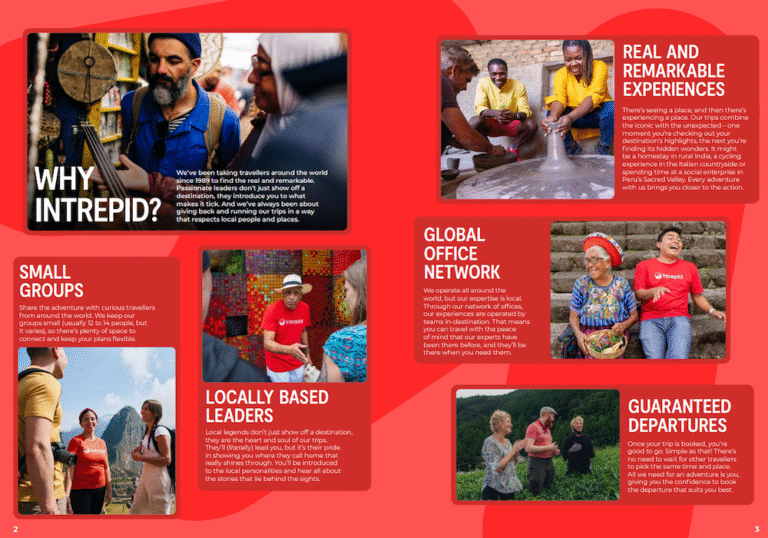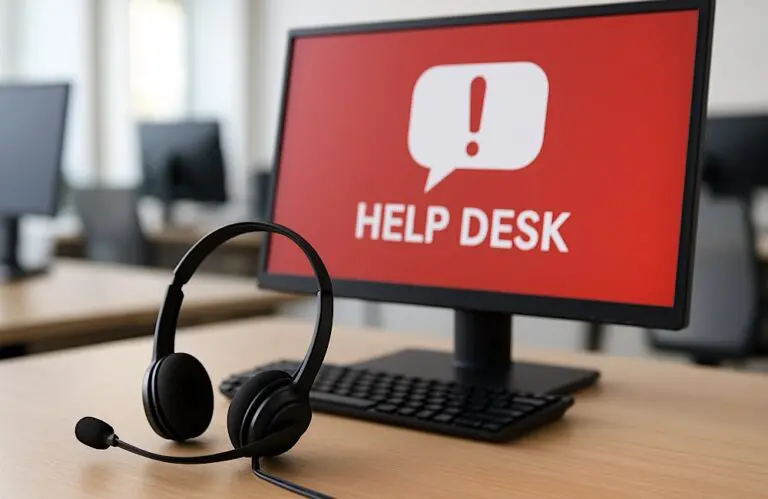A new Collinson and Centre for Aviation (CAPA) survey of 331 airline, airport and travel industry leaders found that a high number of respondents believed that leisure travel would recover significantly faster than business travel. While in both categories, shorter-haul flights will make a faster comeback.
While most travel experts (89%) believe that it is safe to travel, they still remain pessimistic about the industry’s recovery – whether due to the policies being put in place, wider perceptions of safety, or both.
The data highlighted that 31% of respondents in Asia Pacific expect travel to return to pre-pandemic levels by 2023, closely followed by 2024 at 25%, and late 2022 with 17%.
It’s important to note that the survey was carried out in April 2021 (a lifetime ago in pandemic terms) by Collinson in partnership with CAPA to capture a snapshot of the opinions of a specially selected group of 331 C-Suite and senior managerial level travel experts globally from leading travel industry brands.
So what were the key takeaways?
Leisure and shorter-haul travel more likely to recover sooner
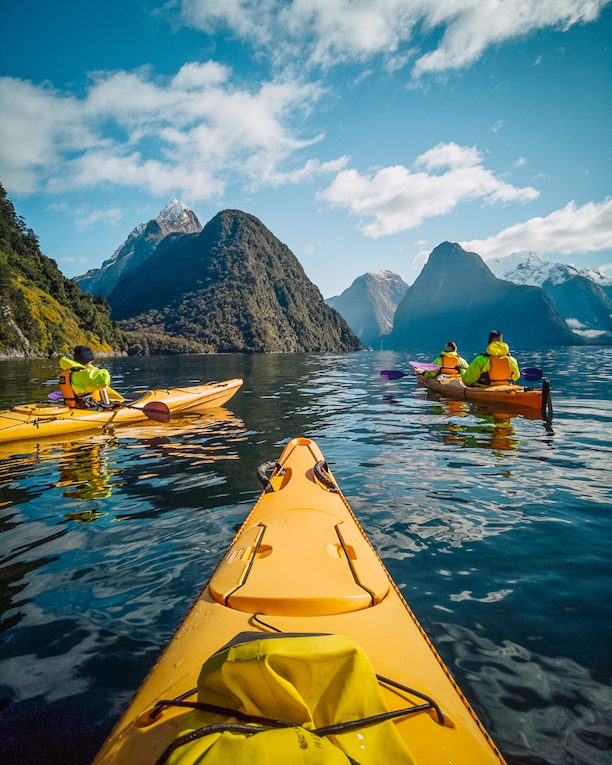
A high number of respondents believed that leisure travel would recover significantly faster than business travel, while in both categories, shorter-haul flights will make a faster comeback.
When asked to select the most plausible scenario in 2022 for the recovery of leisure travel, 27% of respondents in Asia say they expect 41-60% of 2019 levels next year.
TAKEAWAY: With that in mind, members of the travel ecosystem should continue to prioritise the mental and physical wellbeing of travellers by ensuring there are spaces for them to de-stress and relax during their journey.
Meanwhile, the outlook for business travel markets is weaker than leisure. For short-haul flights, 31% expect to see 41-60% of 2019 levels next year – while 35% of respondents expect long-haul business travel in 2022 will be only 20-40% of 2019 levels.
TAKEAWAY: Despite business travel projecting a slower recovery than leisure travel, companies should act now to equip their employees with the necessary tools for a safe return to global travel, including robust travel-risk management policies.
The quest for herd immunity continues – but inequality hurts everyone

Most of the respondents in Asia Pacific overwhelmingly believe that it is now safe to travel – with 11% saying it is “extremely safe” and 30% saying it is “quite safe”, with a further 48% saying it is “extremely safe provided preventative solutions are adhered to”.
However, over half (56%) are “very concerned” with reports of fraudulent COVID-19 test results and vaccination passports.
TAKEAWAY: Global herd immunity is a key driver of the return to normality; and yet, because of public resistance to the vaccine in certain locations, coupled with vaccine inequality – this will take a considerably long time.
When asked what they thought was the most plausible scenario by 2022, 30% of experts in Asia Pacific believed herd immunity would be reached in the US, UK and a select few developed nations.
By contrast, 27% believed a handful of smaller nations would do so, with the rest of the world including the US and the UK failing to do so.
Only 16% believed that most countries in the developed world would achieve herd immunity by next year.
Quarantine measures expected to ease due to testing, but with mixed market access

Most Asia Pacific respondents (51%) expect that robust testing protocols will remain key to reopening global borders until the end of 2022.
Almost one-third (32%) of respondents believe robust testing protocols will remain key for the next 3 years, while just 13% expect testing will be phased out in 2021 in line with the vaccine roll-out.
As such, almost half (49%) of Asia Pacific respondents believe quarantine measures will be phased out by 2022, with a further 11% expecting quarantine measures to be lifted by mid-2021.
Yet 30% still believe quarantine measures will remain in place beyond 2021.
Most Asia Pacific respondents (58%) expect aviation market access arrangements by governments to evolve at different rates, depending on the region/market through 2021.
Over a quarter (27%) expect aviation market access arrangement by governments to ‘remain the same until at least 2022’, while only 5% expect access arrangements to ‘substantially ease’ or even just ‘start to ease’ as we go through 2021.
TAKEAWAY: It is therefore critical for governments and members of the travel ecosystem to come together and collaborate for the safe return of global travel.
Vaccine passports of ‘vital importance’ – but fears over fraud need to be addressed
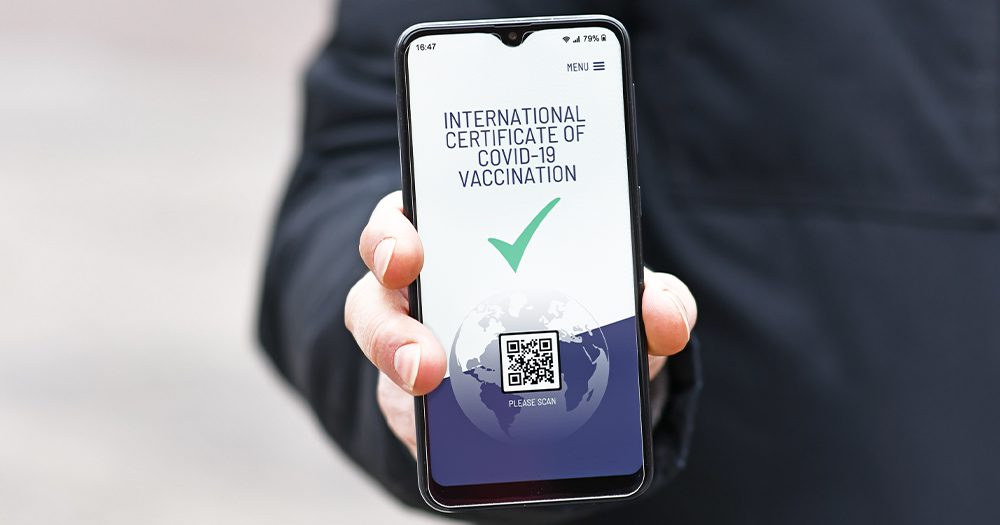
Asia Pacific respondents overwhelmingly (75%) shared the view that vaccine passports were of “vital importance”, as governments won’t re-open borders without them.
Asia Pacific respondents were also overwhelmingly (76%) concerned by reports of fraudulent COVID-19 test results and vaccination passports surfacing, with only 6% saying they were “not concerned”.
“The global travel recovery won’t be immediate, but we do have the unique opportunity to make things better than ever before by working together to evolve current practices,” said Todd Handcock, Asia Pacific President for Collinson.
“This joint research with CAPA has helped shine a light on the areas that require immediate, combined focus and effort from government bodies and private organisations – particularly those in the travel ecosystem – in order to remove remaining barriers and help achieve the safe, long-term return of global travel.”
You can download the full Asia Pacific Travel Recovery Report here.
About the Research: From 7 April 2021 to 30 April 2021, CAPA surveyed participants in its virtual monthly event series, CAPA Live, receiving 331 survey responses from 64 locations with the majority coming from Korea, Taiwan, Vietnam, Bangladesh, Fiji, Indonesia, New Caledonia, Sri Lanka, Myanmar, China, Japan, Philippines, Hong Kong, Cambodia, Malaysia, New Zealand, Australia, India, Singapore, Thailand and Brunei. Respondents were a mix of C-Suite, executives and senior managers from airlines, airports and aviation suppliers.

